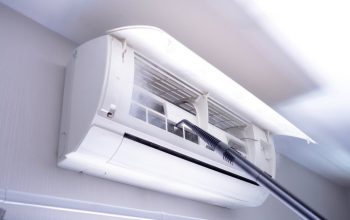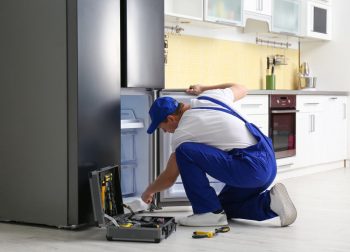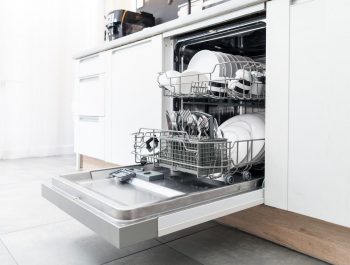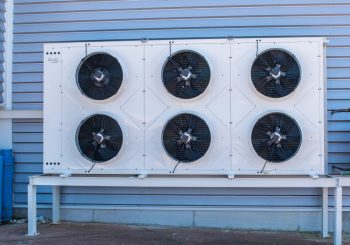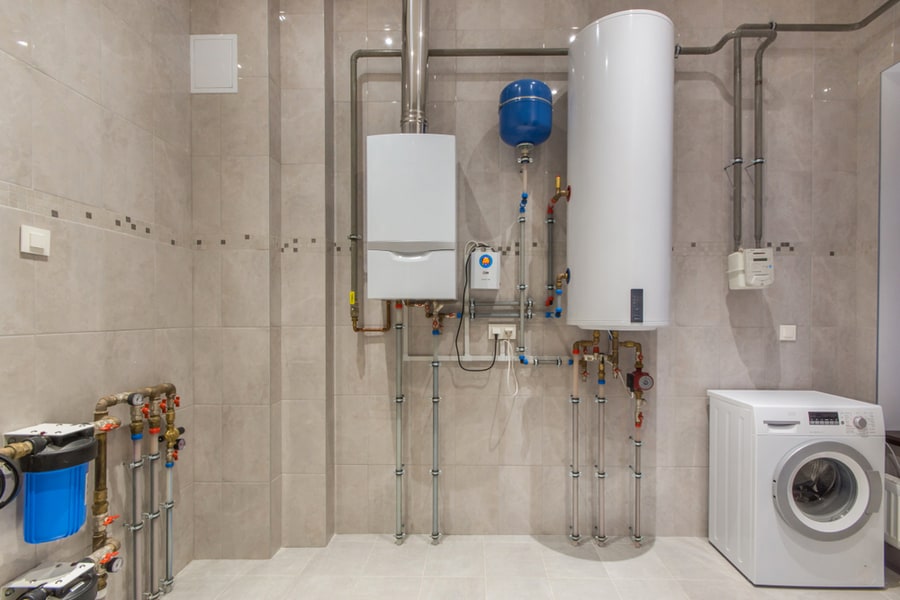
Water heaters are efficient appliances, especially during the winter.
Homeowners make a sizable investment while trying to get some hot or warm water for everyday use like bathing or doing laundry or dishes.
However, corroded pipes can do a lot of damage to your house if you are not careful.
This also applies to your water heater pipes. If corrosion is not fixed, it can lead to water leaks, water damage, and expensive repairs to the house.
Fortunately, no matter what kind of water heating system you have around the house, there is a perfectly safe way to remove corrosion from the pipes.
This post will look at the safest procedure to clean those tubes and improve your heater’s efficiency and durability.
If you are thinking of fixing corroded pipes in your water heater, you first need to turn it off and its water supply.
Secondly, drain the water in the tanks and use a brush to loosen rust or debris on the pipes.
Afterward, vacuum the unit to remove the debris and change the sacrificial anode rod on the tank. Lastly, secure the pipes to the tank, and you will be ready to go.
In addition, we will also look at the causes of corrosion in your pipes and how you can identify the problem if it happens to your plumbing.
What Are the Causes of Water Heater Pipe Corrosion?
Most water heater units are designed to prevent corrosion in numerous ways.
One of the primary ways this is done is by using an interior tank liner that prevents the water from coming into direct contact with the tank.
Likewise, the tanks also have an air valve and sacrificial anode rod for corrosion protection. The air valve prevents water from getting into the tank, while the anode rod draws corrosion from the tank.
You might be wondering why your pipes are still corroding. These are a few reasons:
Galvanic corrosion: This is one of the most common types of water heater pipe corrosion. It happens when two different metals meet and fuse, causing corrosion.
This type of wearing occurs at the fitting point of the copper and steel pipes.
Rusting: Rusting is also common in steel pipes. Constant exposure to water and oxygen can cause oxidation of the tubes, leading to rusting and corrosion.
How To Check if Your Water Heater Pipe Is Corroded
Visual inspection is the simplest way to check if your pipes are corroded.
In the case of galvanic corrosion, you will notice strange sediments or a bluish-green color at the connection point between the copper and steel fittings.
You might often see these signs around the threaded junction in the pipe. Galvanic corrosion around the threads weakens the joint, making it prone to breaks or leaks.
For rusted pipes, you might get a yellow-brown coating that forms on its surface or inside the lines. Furthermore, the water in your sink or shower might also have a mucky color.
In addition, you might notice cloudy water or particles suspended in it, or the water has a weird salty taste.
9 Steps to Removing Corrosion From Water Heater Pipes
Now that we know how to identify corrosion in your water heater pipes, let us look at how we can remove corrosion from the lines.
It is important to note that water heater repairs are not easy. Dealing with gas heaters or high-voltage appliances can be extremely dangerous.
If you do not have the proper knowledge or tools to work on DIY projects, it is always a good idea to let a professional work on repairs.
1. Turn Off the Electric or Gas Water Heater
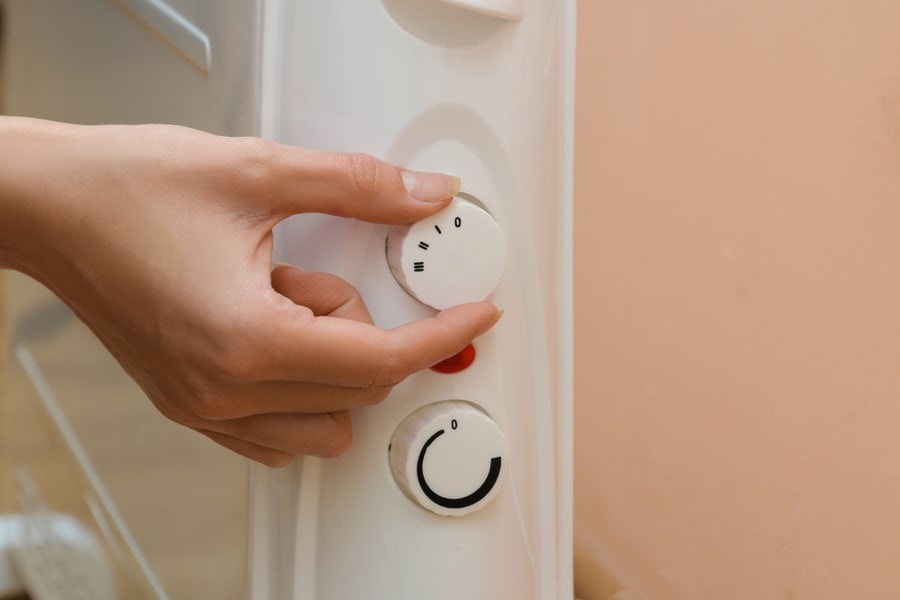
The first thing that you need to do is to turn off the water heater.
Electronic heaters can be turned off from their power supply. You can shut down the main power supply to the house as an extra precaution.
However, if you own a gas water heater, there are a couple more steps that you need to take. Once you turn off the gas supply, you must also turn off any electrical and gas appliances.
Natural gas is extremely flammable, and potential leaks can harm your family and the property.
2. Shut Down the Water Supply to the Heater

Turning off the water supply prevents water from leaking from the pipes while making the repairs.
In addition, it prevents expensive repairs when electrical washer components get water damaged.
3. Drain and Flush the Tank

The third thing you need to do is drain and flush the tank to remove any mucky water that might result from the corroded pipes.
You drain the tank by opening the hot water faucet. The faucet is responsible for drawing water from the unit.
When you open the faucet, connect a draining hose that will redirect the water into a sink, drain, or outside the house.
To flush the tank, you need to fill it with a few gallons of water to remove all silts and deposits at the bottom.
4. Brush out the Rust
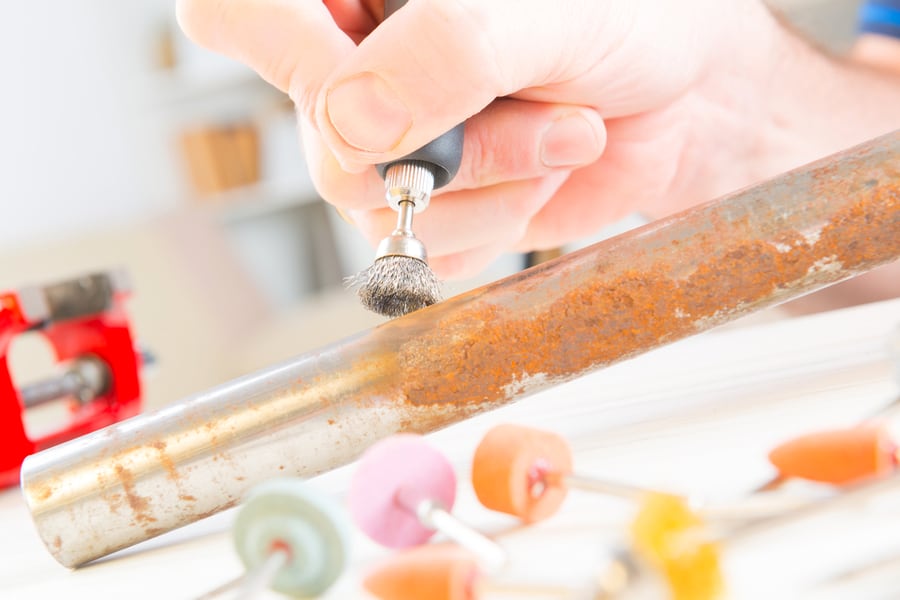
You need a wrench to loosen and remove the drain valve.
After opening the pipe, use a toothbrush that fits into it and scrub it to loosen the rust. Also, rub the brush against the pipe’s exterior to loosen rust particles on the surface.
Furthermore, if you notice any rust in the tank, gently scrub it to get the particles ready for removal.
5. Use a Vacuum Cleaner To Remove the Remaining Debris
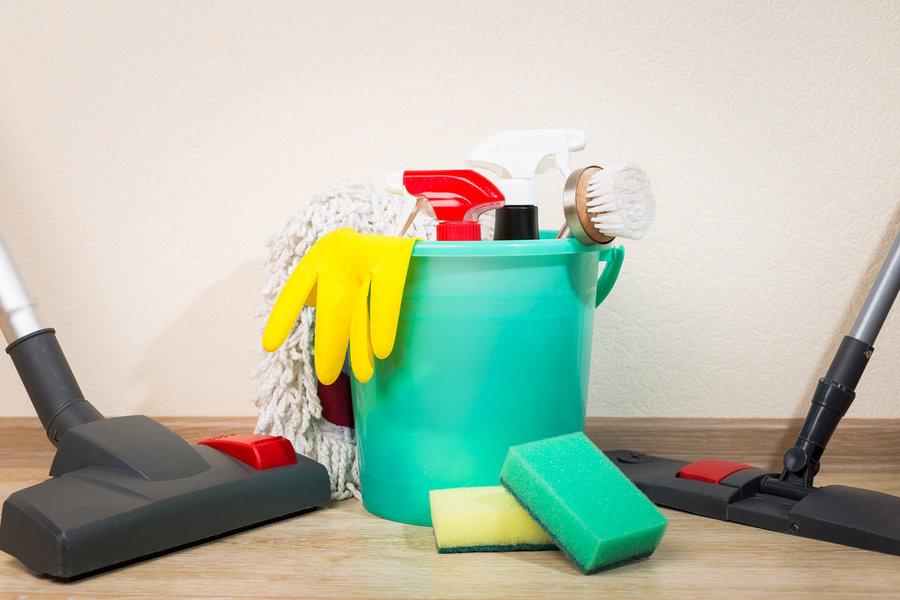
Using a vacuum is one of the most effective ways of removing rust from the tank and pipes.
You need to attach your vacuum cleaner to the pipes using a hose that fits its ends. When you turn on the vacuum, it pulls all loose rust particles from the tubes.
Connect the cleaner to the drain opening if you want to vacuum the tank. You can use duct tape to ensure an airtight seal between the drain pipe and the vacuum hose.
You should thoroughly brush and vacuum the pipe until you get the desired results.
6. Replace the Sacrificial Anodes
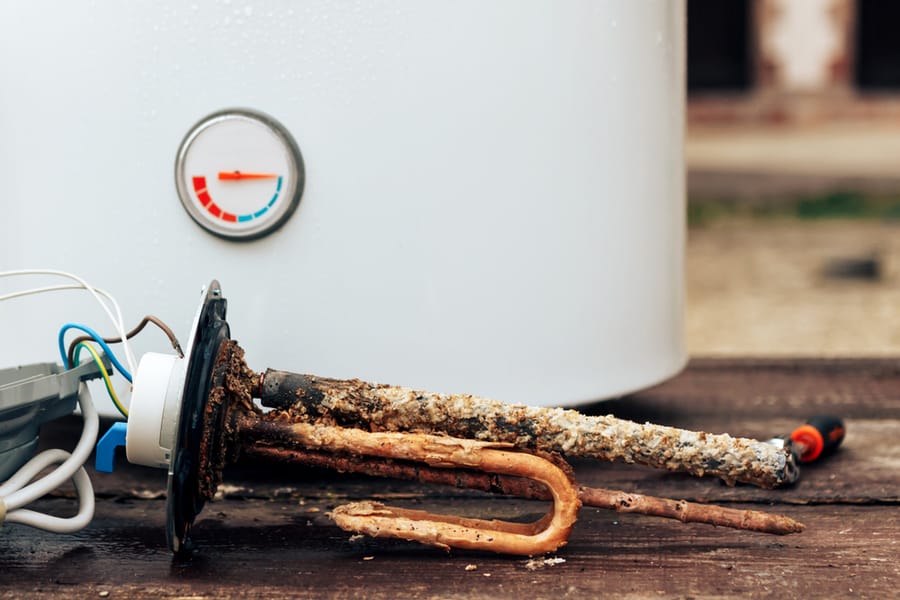
As previously mentioned, the sacrificial anode rod is one of the ways that the heating unit prevents the tank and pipes from corroding quickly.
It does this by drawing corrosive minerals in the water toward it, delaying the wear. However, the sacrificial rod can get severely eroded over time, making it ineffective.
You need to unscrew it from the tank and replace it with the specific rod designed for your water heater.
If you consider replacing the sacrificial anode in your water heater, it is located at the top of the tank.
7. Replace the Pipe Threads
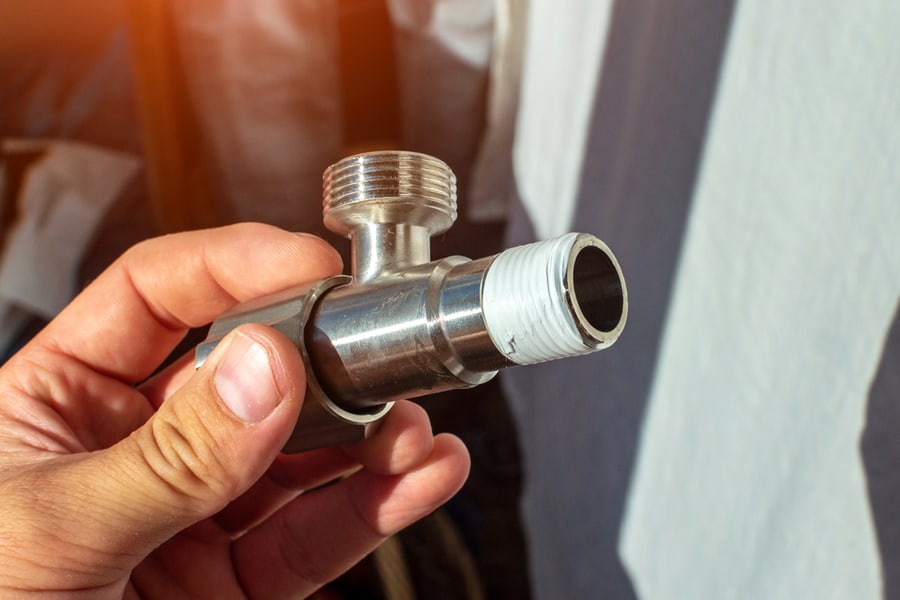
In addition, you might notice that the steel and copper connection fits are dissolved or corroded. Weak connection threads can lead to water leaks and joint bursts due to pressure changes.
If you notice that the steel-to-copper joints in the water heater are eroded, you should call a plumber.
The joints must be soldered into the tank, which can be easily damaged. In addition, any joints in the heater need to meet your local code requirements for safety purposes.
If done incorrectly, you risk water leaks that might damage the house’s foundation and cause mold growth.
8. Securely Fit the Pipes to the Pipe Threads
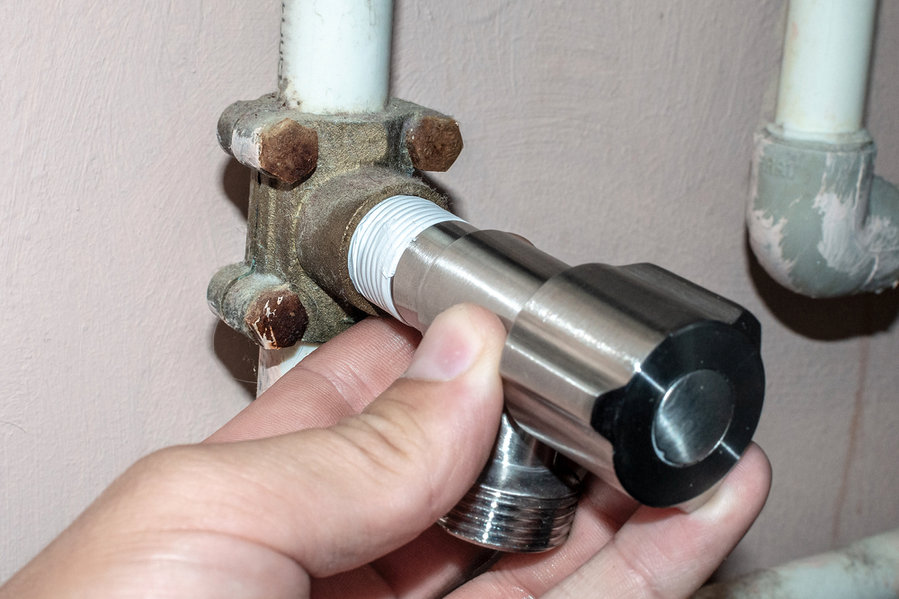
Once you clean the water heater tank and pipes, you must secure the inlet and outlet pipes.
Wrapping the threads with plumbing tape ensures that the connection is watertight and there are no leaks.
9. Turn On the Water and the Heater
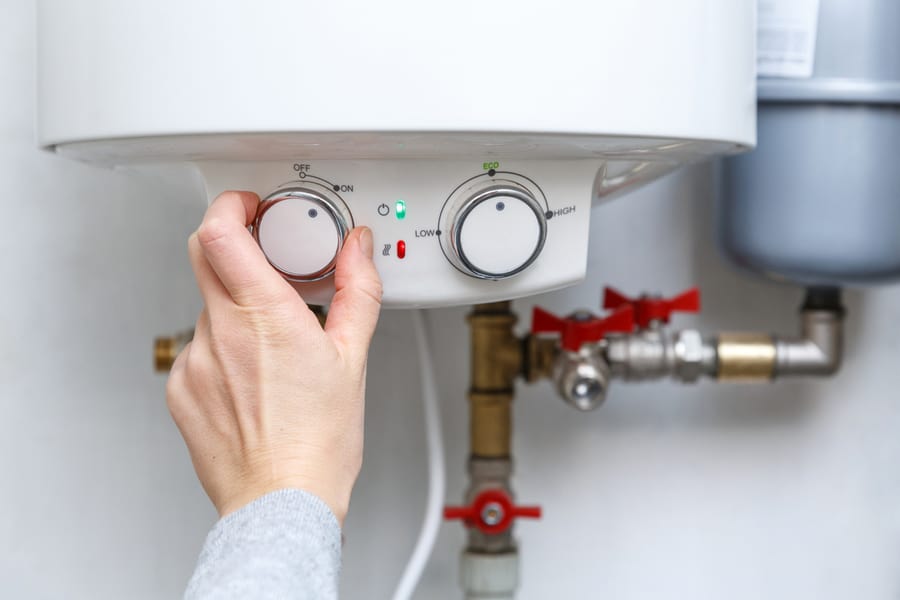
Finally, you should turn on the water supply first and ensure the water fills the tank before turning on the heater unit.
Summary
Corroded pipes in your water heating unit can harm your health and cause significant damage to your property.
Regular system maintenance can help identify and manage any wear to your pipes before it becomes a disaster.
However, if you find any corroded pipes around the system, making repairs should not be a problem if you know what to do.
Still, if the repairs are a handful or you are dealing with a complicated heating unit, you should call a professional for help.
Frequently Asked Questions
What Does It Mean if I Smell Gas From a Gas Water Heater?
Gas water heaters use natural gas to heat the water. If you notice any gas smells or a rotten egg odor, it might indicate a gas leak.
You should evacuate the house immediately and call the fire department and the gas line company.
What Should I Do if I Notice a Water Leak in the Water Heating System?
Water leaks can cause considerable damage to the house’s foundation and lead to the growth of black mold.
If you notice a water leak, you should turn off the heater and the water supply, then call a plumber to look at the heating unit.



